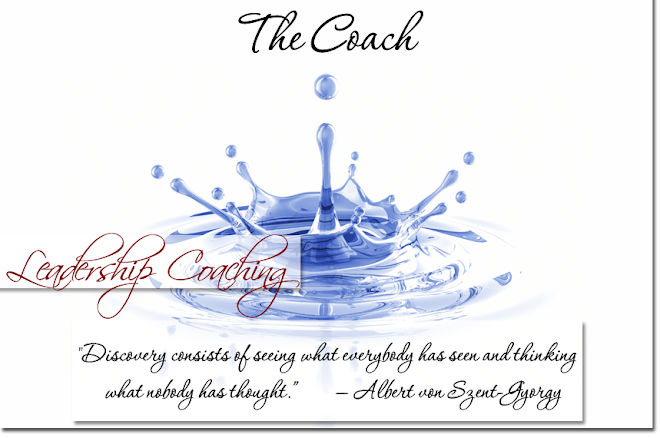
Self-Control
Self-Control is the name of the game when you are leading a competitive organization, and feel the pull of emotions with remnants of distorted voices of broken expectations still ringing in your ears, when things heat up and stakeholders are coming down fast because last quarter's numbers weren’t what they should have been.
Whether you are leading a family, a ministry or business you are leading. And if you are leading objectivity is extremely important, to stay outside your emotions for the moment when your tendency is to be inside your emotions is key. Bottom line when you feel life’s pressures this is the time you need to show your constituents your unshakable character. The rule of thumb the more stressful the situation the more relaxed and objective you need to be.
You may ask: How am I supposed to do this?
Let's start by going over a few concepts first.
Psychosomatic
Psychosomatic denotes that our thinking affects our body for good or for worse. But, the challenge to stay “cool headed” may have its roots deeper than you have imagined. In your earlier years if you had exposure to an insecure or emotional authority figure, whether a boss, a church leader, or a parent where yelling and over reacting was the norm, than ingrained in your neuropathway could be the habit to over emotionalizing or over reacting in times of stress.
Along with loosing our temper is the danger of causing wear and tear internally. When we tend to loose our temper and our heart rate goes up, blood pressure rises. When this is done consistently it can cause micro tears in our arteries, there by giving way for plaque to build up, this may cause heart disease, never mind the ulcers or weakened immune system. These are just a couple of instance of the damaged that can be caused by over emotionalizing. There are more dangers to “loosing control” than a damaged relationship, its damaged health.
Stimulus and Response
Stimulus and response plays a factor in our tendency to react to life’s stressful situations. If I punch you in the nose there is a split moment before you decide to react. If I’m bigger than you, you may consider running, if I’m smaller than you, you might consider hitting me back. This reaction is called the fight or flight response which is highly embedded in our psychology and physiology. The ability to control our destiny lies between this space of stimulus and response. If you control this space you can lead incredible change.
In history those who learned to control this and had followers that had learned to control the space between stimulus and response had facilitated national and world change; figures such as Mahatma Gandhi, Jesus Christ, Martin Luther King Jr., and Mother Theresa.
The Answer
There is a way out of old patterns and into self-renewal. One of the latest discoveries in psychology was that relaxation has the propensity to heal the body and to restore the wear and tear. Along with relaxation, meditation has been recognized to develop the prefrontal cortex which is the control panel for things like self-control, motor skills, and speech.
When a person meditates they gain the freedom to use the space between stimulus and response constructively. This can be a powerful ally and tool for leadership development. Start by contributing 10-15 minutes a day within 8 weeks, you will notice a great transformation in emotional intelligence, and maturity.

